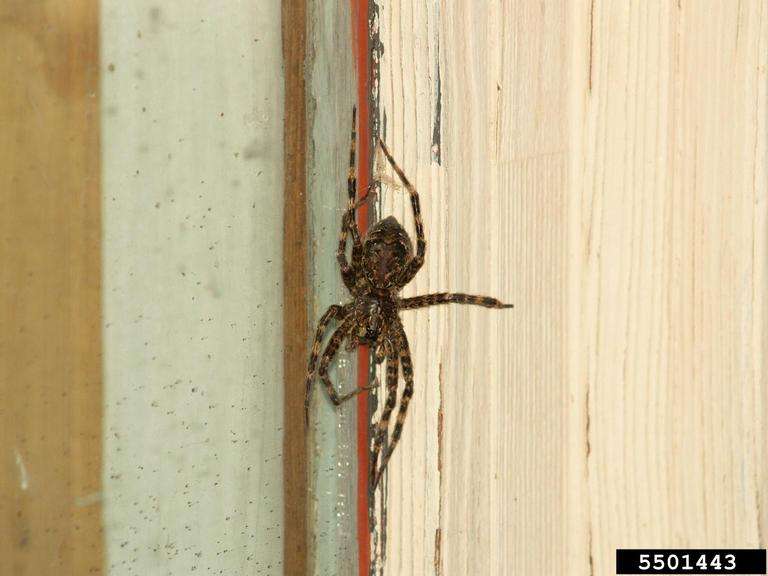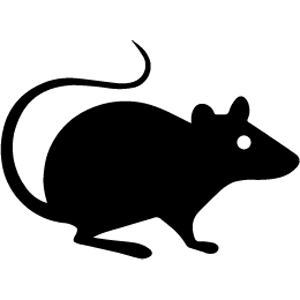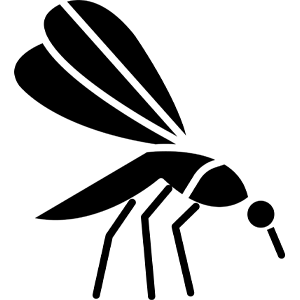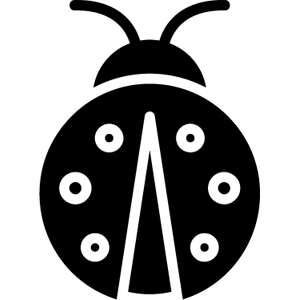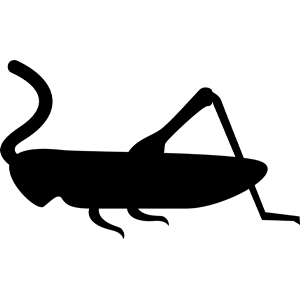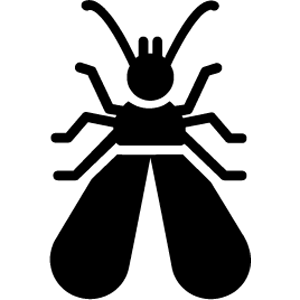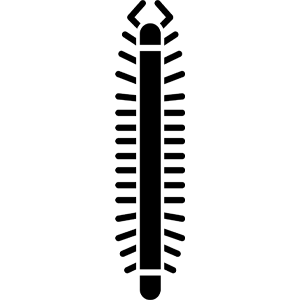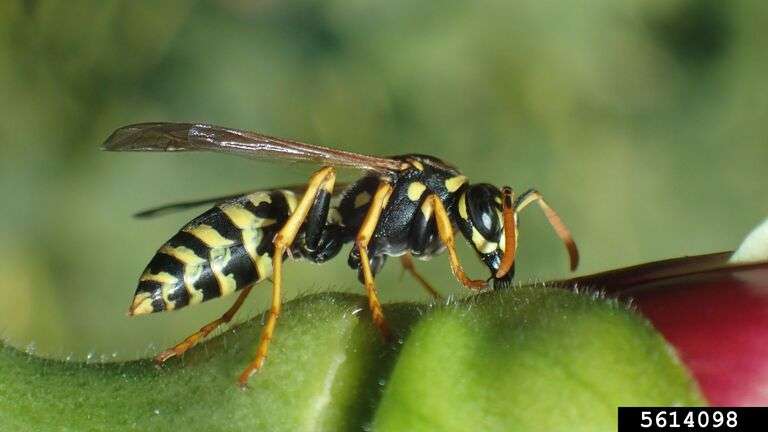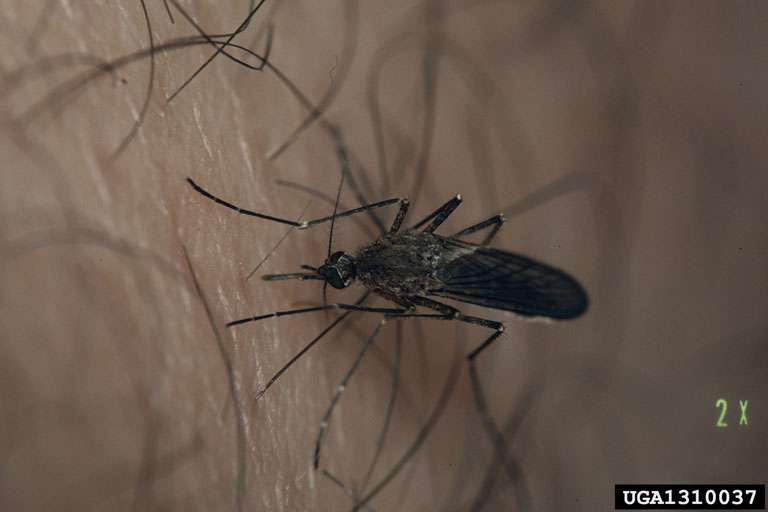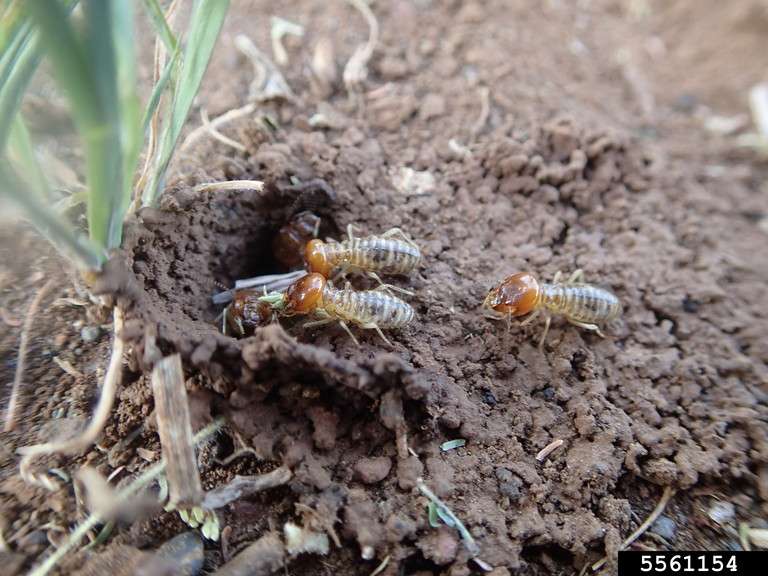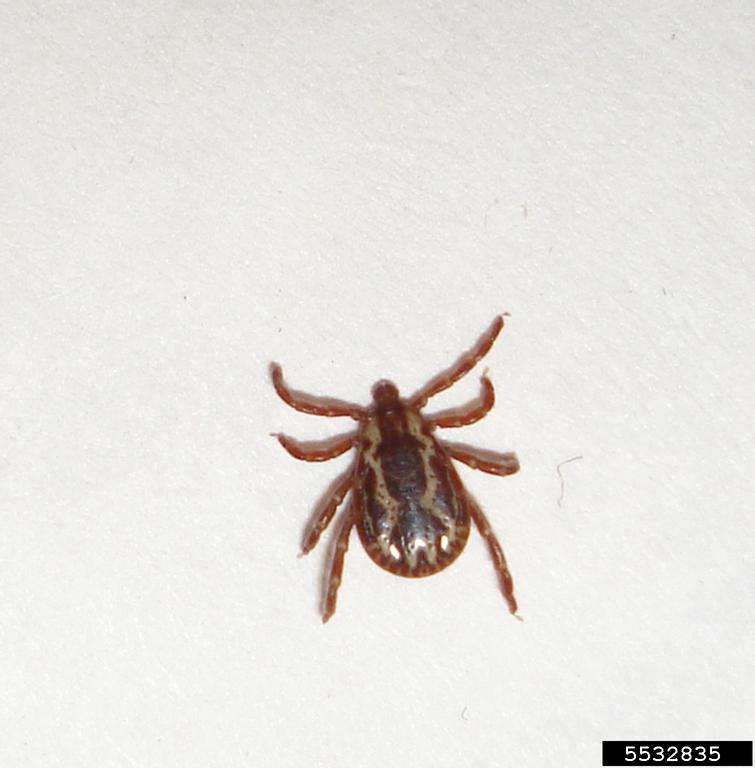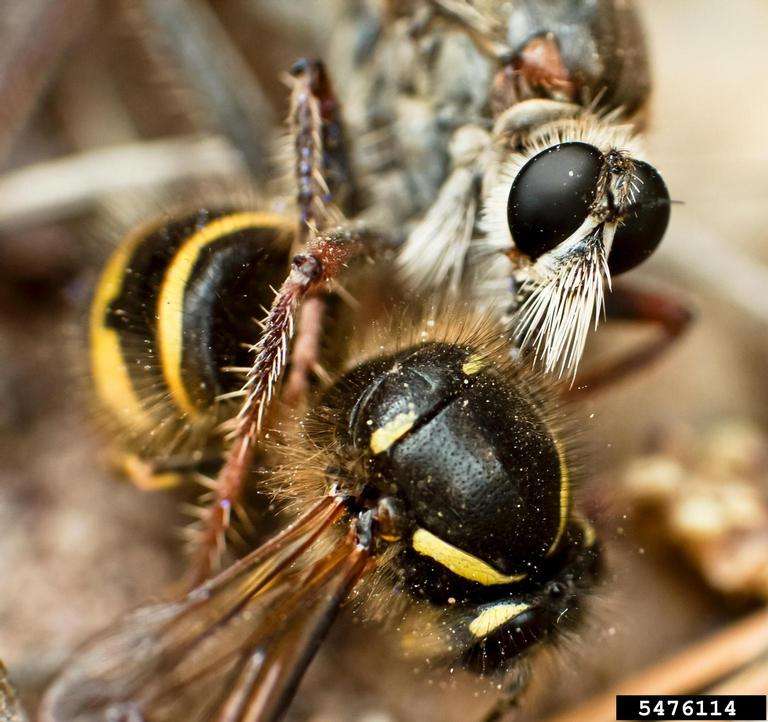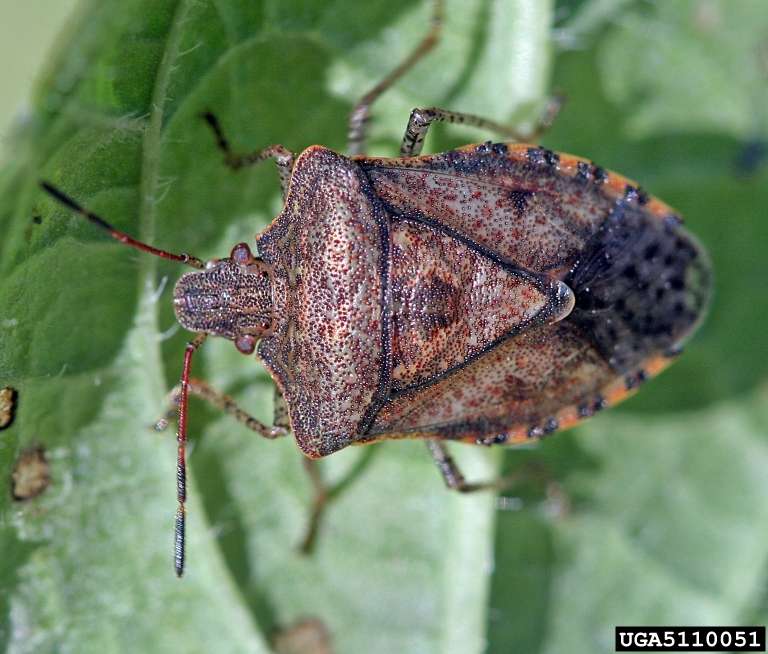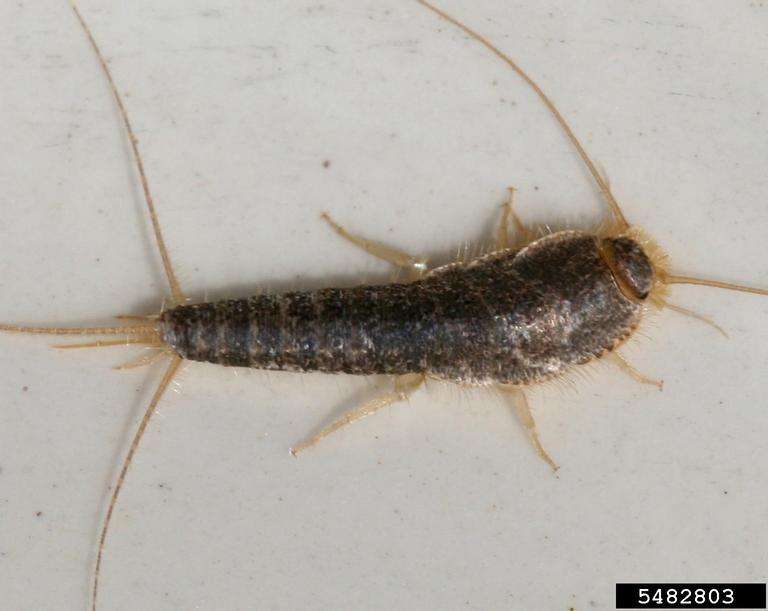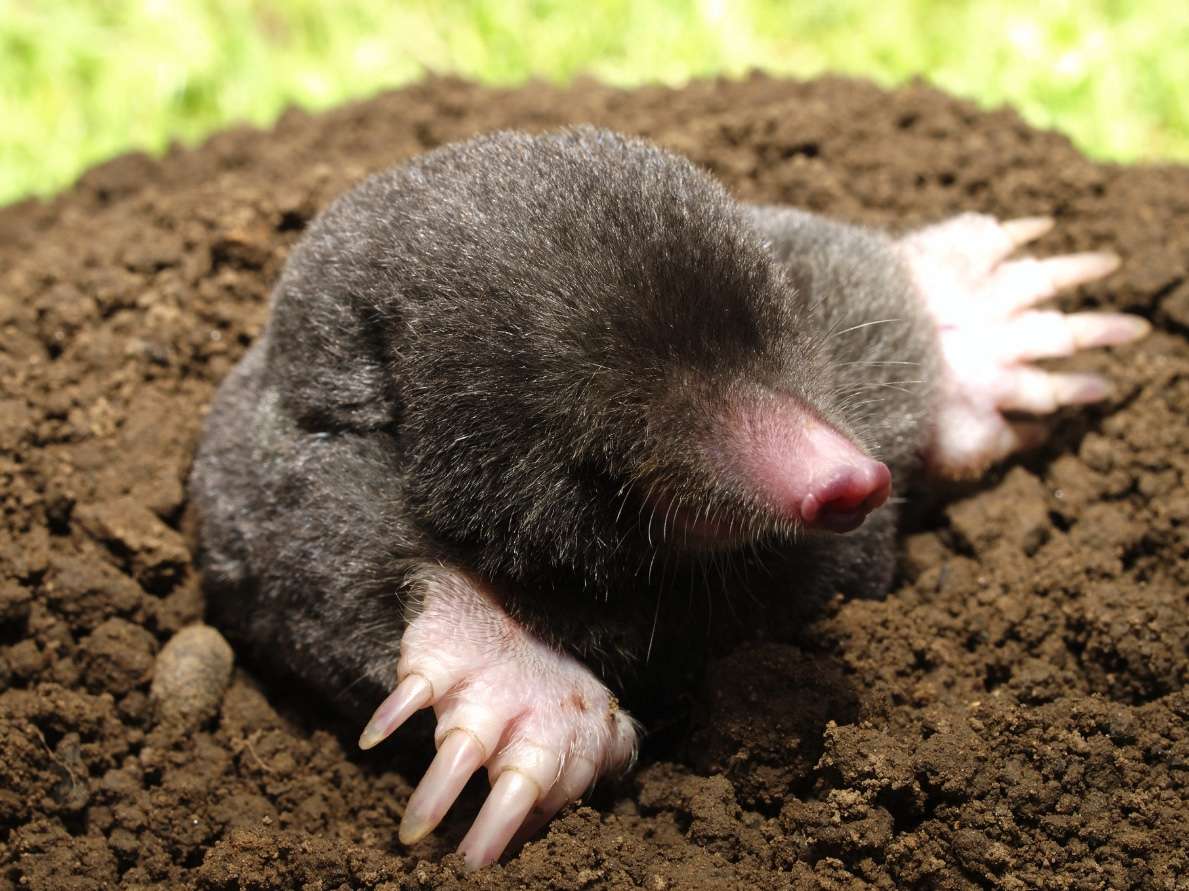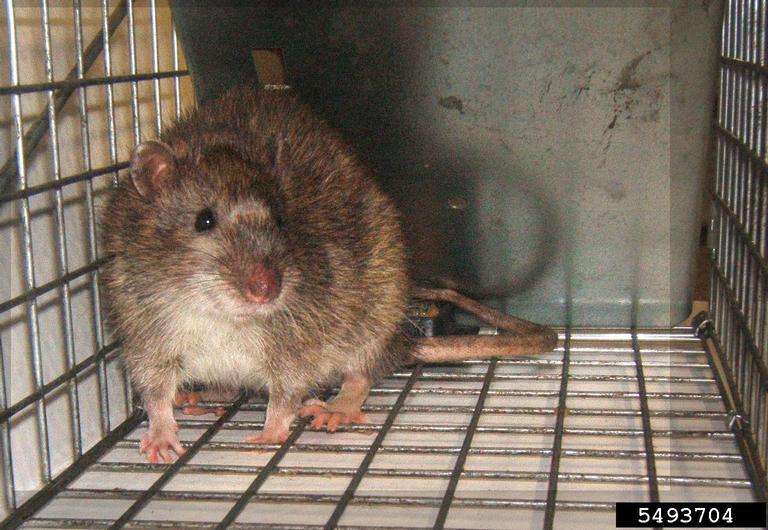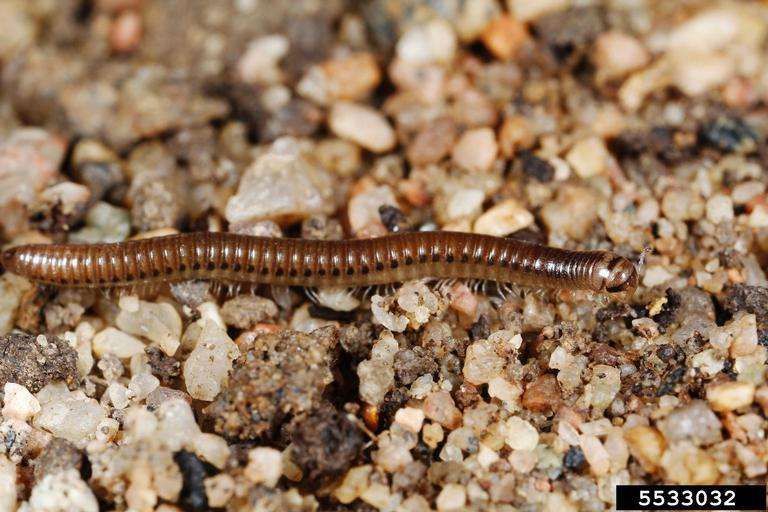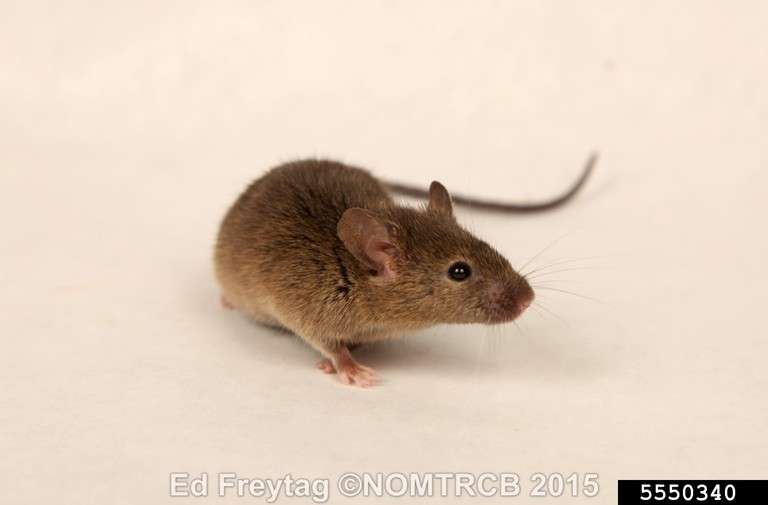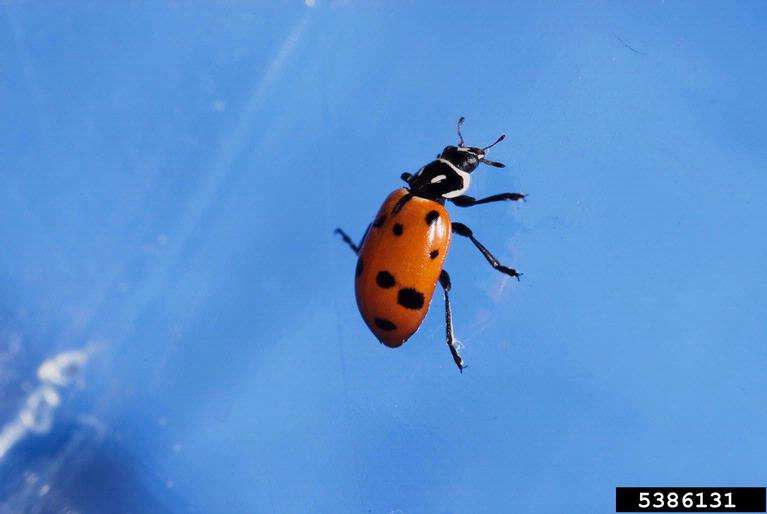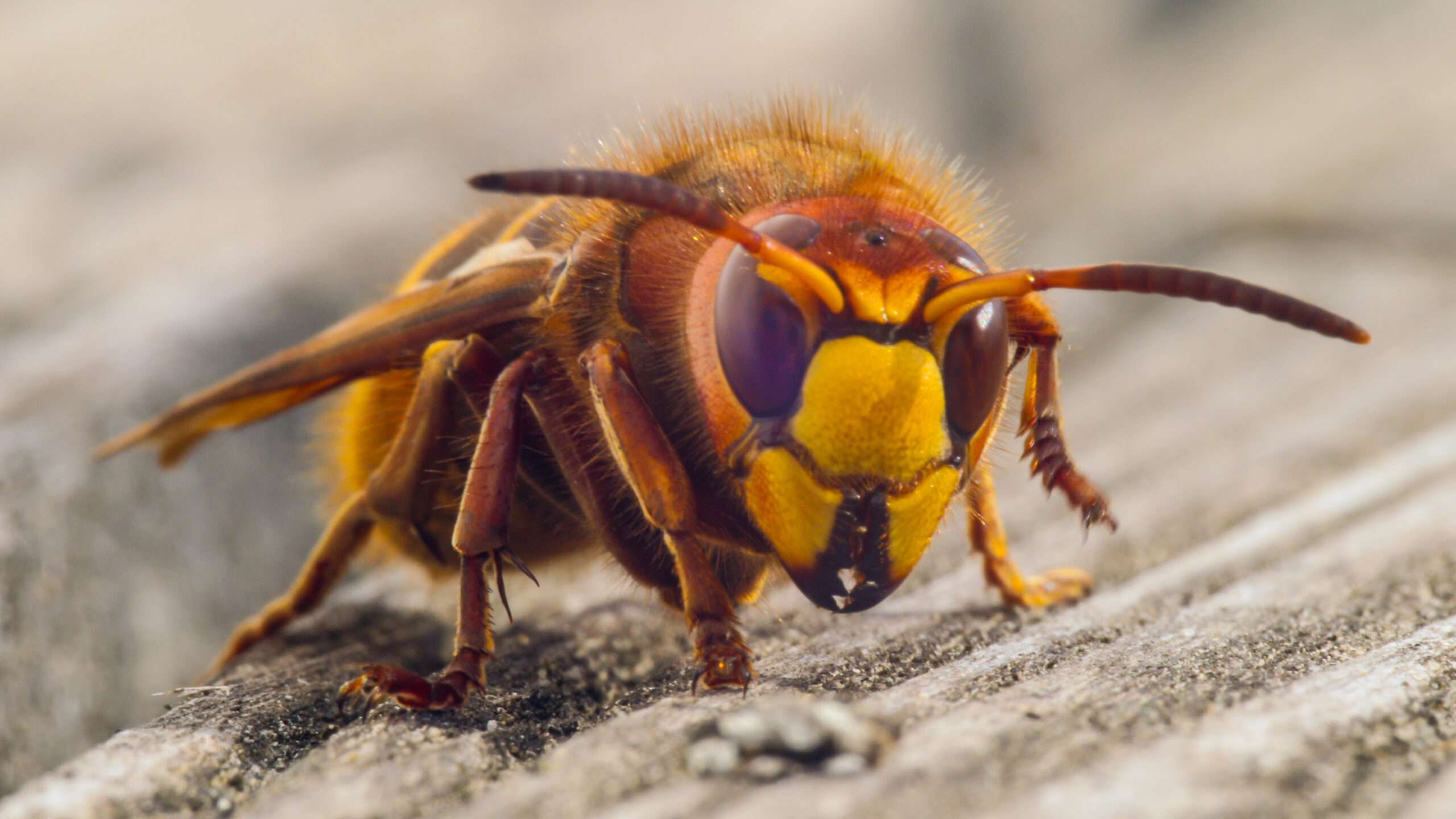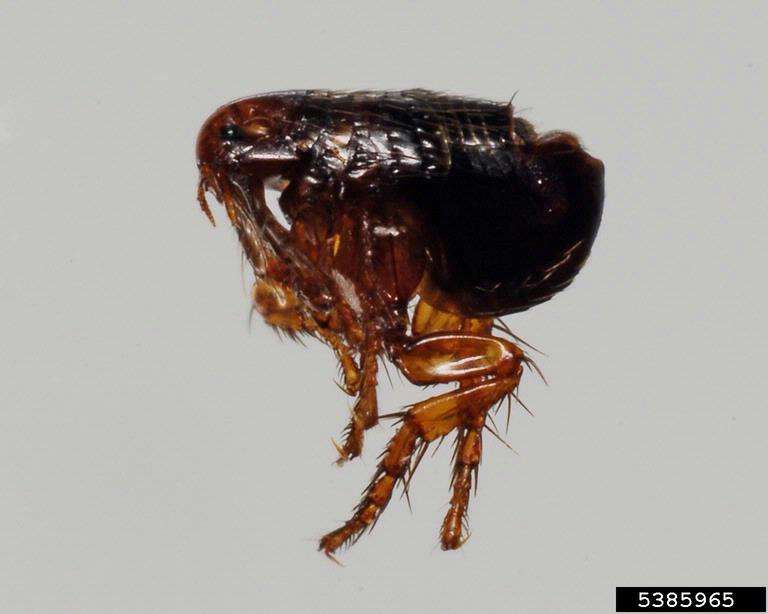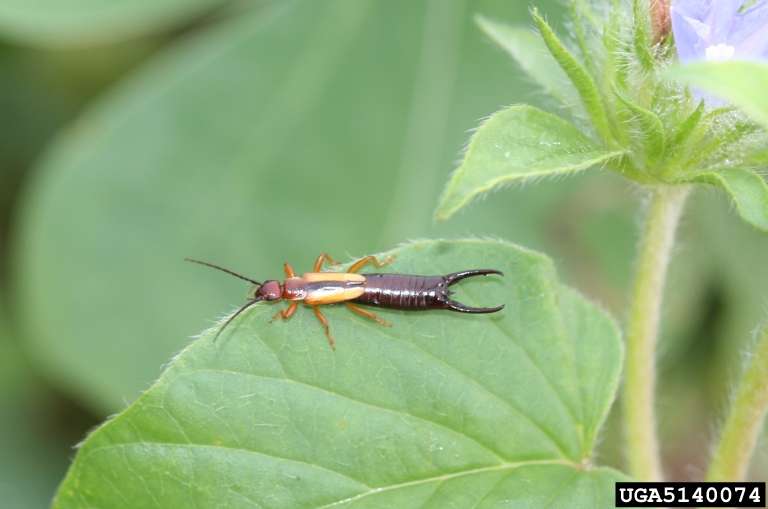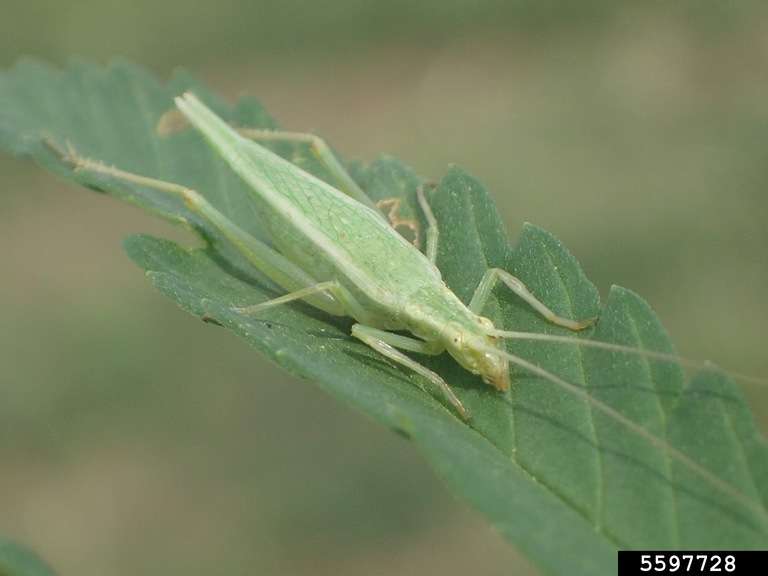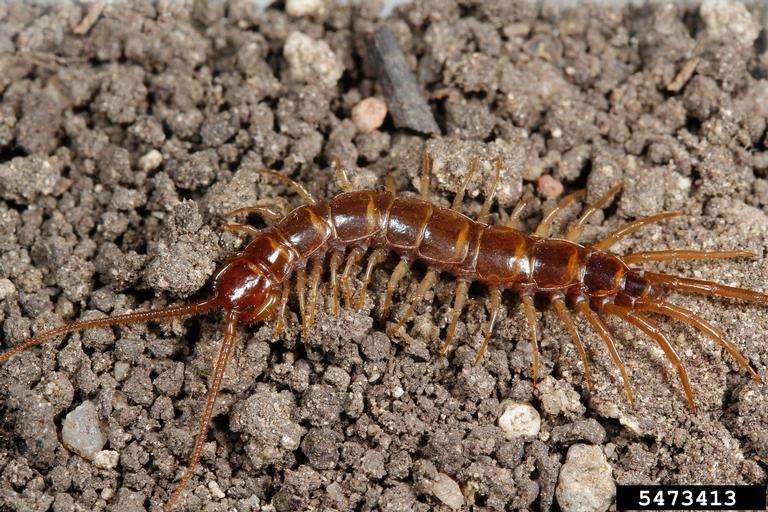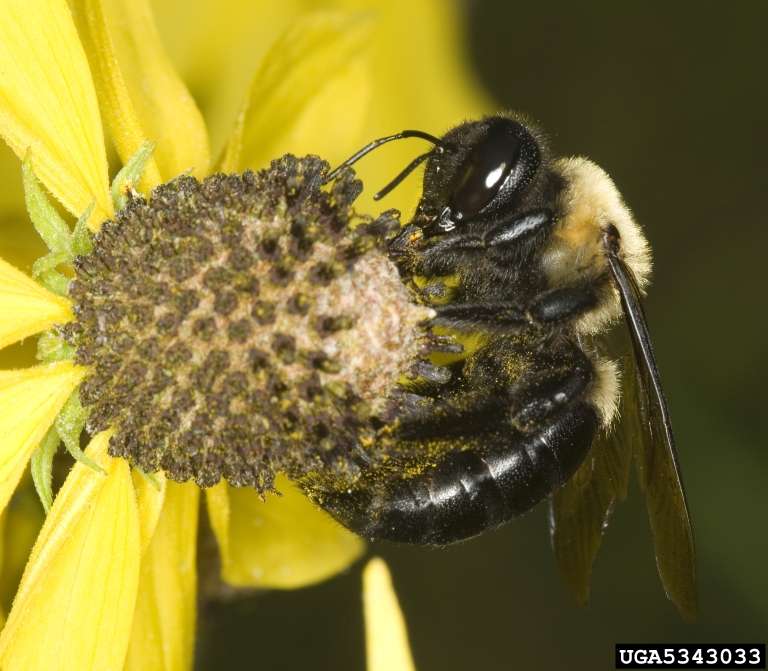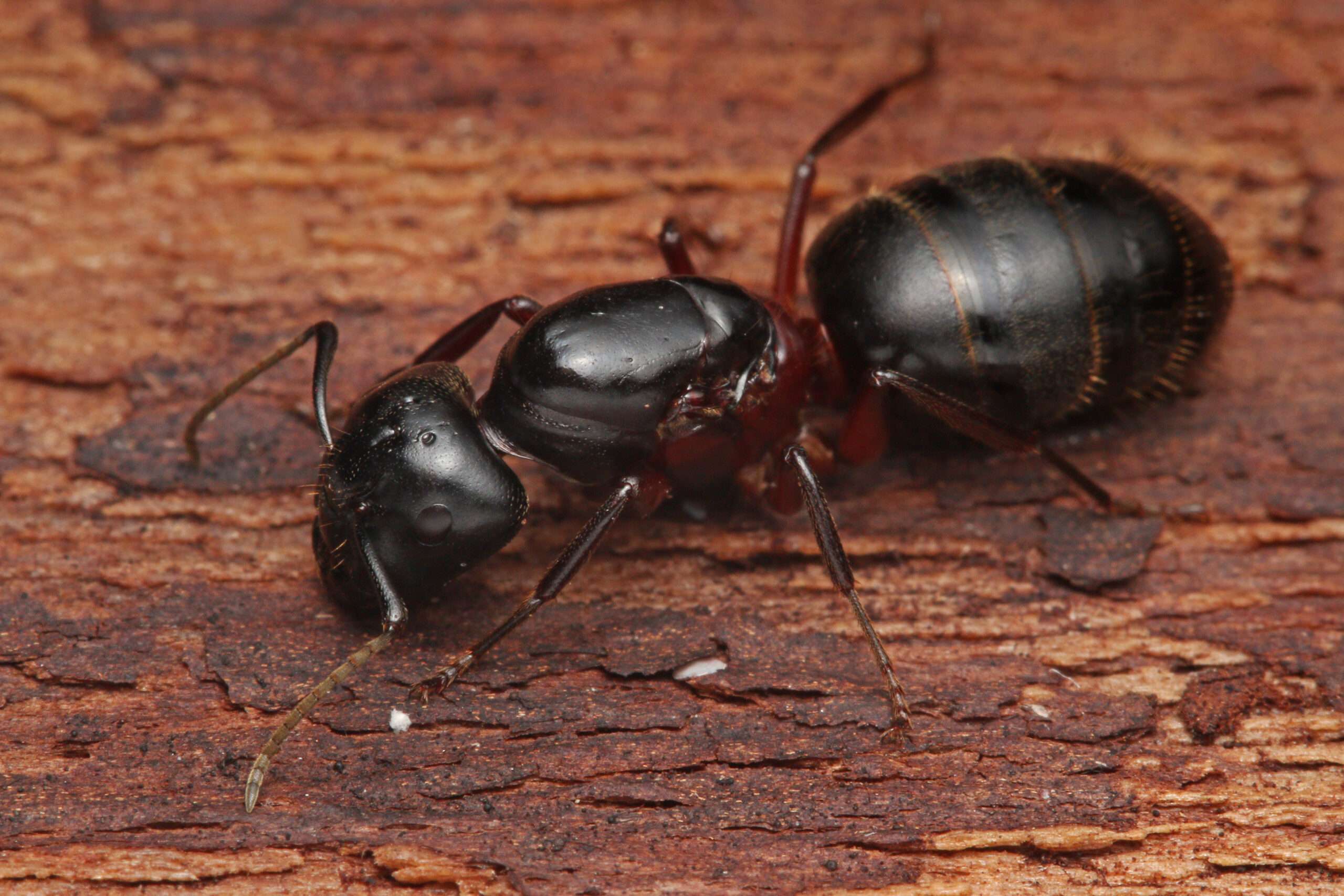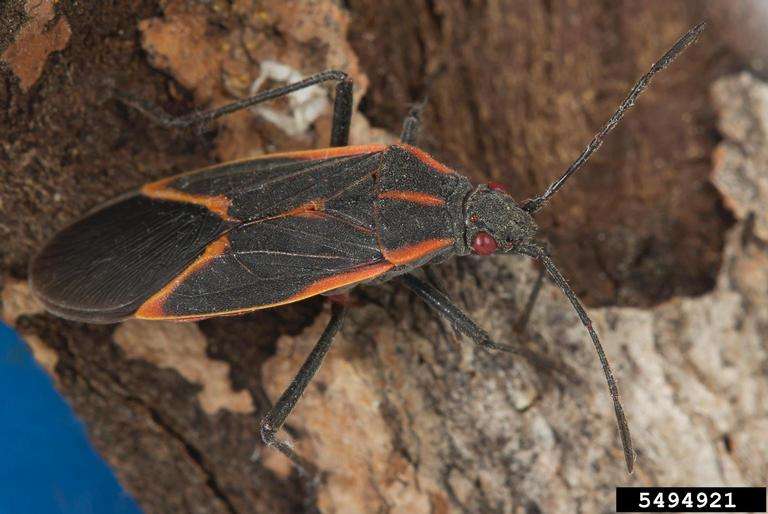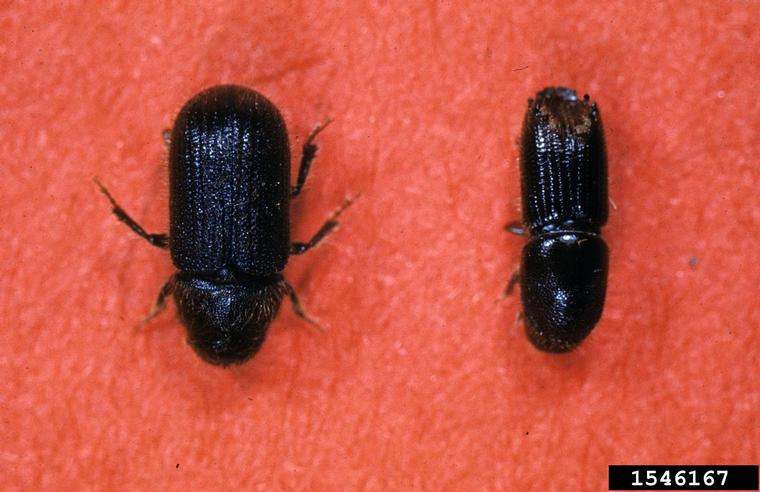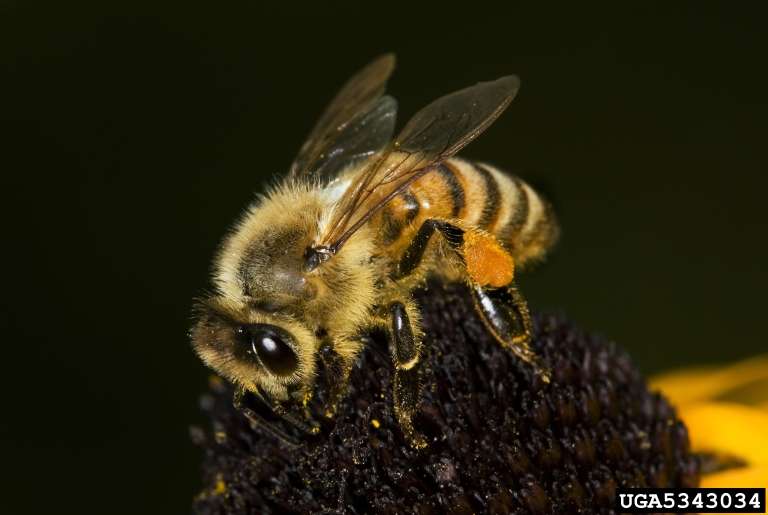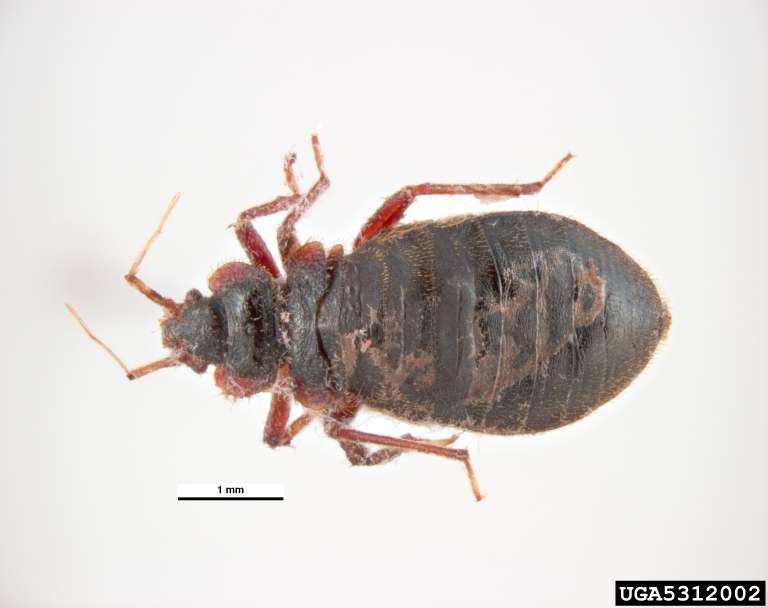Easy Exterminator Spiders Pest Control Service in Lansing area, Michigan
Many different spiders, some more hazardous than others, but all uncomfortable to have in your space. The American house spider is the most typical spider you might encounter. They are harmless to people and roughly the size of a coin. Being web spiders, they don’t build tangled or disorganized-looking webs. Garden spiders, which are huge and yellow and make lovely geometric webs between plants, are another possibility.
Despite biting, they do not have venom. Now you might have an issue if you have
hobo spiders, brown recluses, black widows, or other spiders. In order to rid your property of spiders and other creepy crawlies, call or text now at (517) 618-1908 to get your pest problem eradicated.
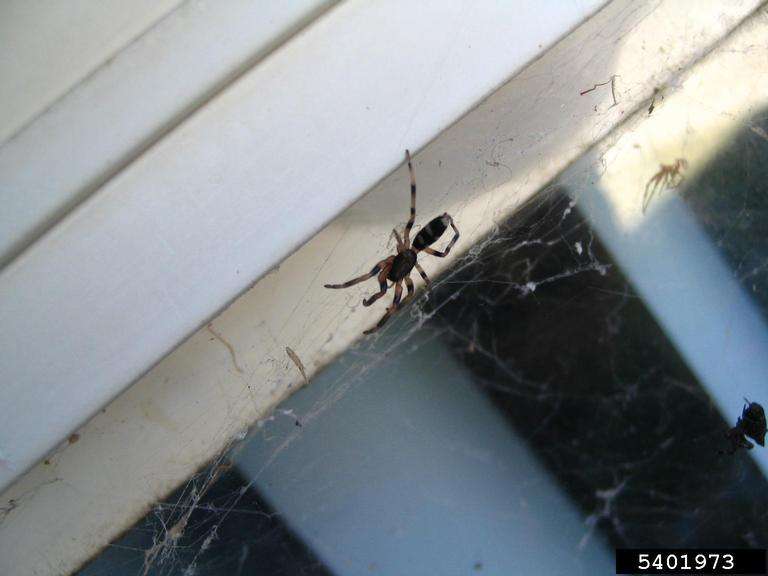
Signs that there’s a spider infestation
Although you may already be aware of your spider infestation, here are a few of the most typical warning signals spider exterminators in your area check for. Not all spiders produce webs, although the majority of those found indoors will produce cobwebs in regions with little traffic.
Excellent locations for spider activity include basements, crawlspaces, attics, storage containers, cardboard boxes, window wells and frames, outdoor lighting fixtures, and similar spaces. A spider wandering around is the primary indicator of a spider’s presence, other than its web. Spiders only inhabit homes or areas close to them because they need to feed on insects and other spiders for nourishment.
Information about spiders that you should know
- In North America, there are about 3,000 species of spiders; however, there are probably not many in your area. Like the domestic house spider and yellow sac spider, the majority of these are not harmful to people. There are a few spiders, nevertheless, that you should avoid:
The brown recluse spider, which is most prevalent in the southern states, carries a potentially fatal bite. The necrotic nature of its venom causes the death of live tissue. Look for a sandy brown spider with a dark, violin-shaped mark on his body to identify a brown recluse. Because of its name, the spider will probably be hidden in a dark, isolated place.
The black widow spider. In the United States, the black widow is a common venomous spider. Compared to their comparatively harmless male cousins, female black widows are significantly more harmful. A female black widow’s body is roughly 1/2 inch long, and her belly has a distinctive red hourglass marking. The legs and the remainder of the body are a glossy black color. Although most of the time not enough of the spider’s venom is delivered to be fatal, a female black widow’s poison is considered to be 15 times stronger than rattlesnake venom, drop for drop. A black widow’s poison attacks the nervous system rather than the tissue, in contrast to the brown recluse’s venom. Although the majority of spiders aren’t as harmful as the brown recluse or black widow, it’s best to get professional assistance as soon as you notice a spider infestation. Often, the kind of web a spider makes can be used to identify it.
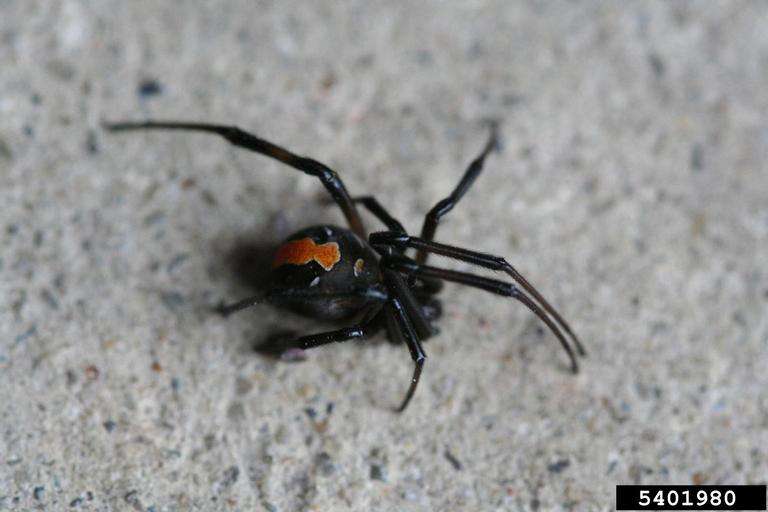
- Cobwebs, also referred to as tangled webs, are disorganized and appear thrown together. They are produced by Theridiidae spiders, of which the black widow is one.
- Tubular webs are a type of web that resembles a tunnel; they are typically found in caves and between rocks. They are produced by the potentially dangerous spider family Thegestriidae.
- Funnel webs, which resemble tubular webs in appearance, are primarily utilized as boroughs by spiders to wait for their prey. They can be found in sheltered areas such as between rocks, under vegetation, and other places. Agelebidae, Dipluridae, and Hexathelidae spiders spin funnel-shaped webs. Spiders that construct funnel webs include hobo spiders.
- The most prevalent kind of spiderwebs are spiral webs, which come in two varieties called spiral orb webs. Both adhesive and non-adhesive varieties are produced by Araneidae spiders. Spiral orb web weavers include garden spiders.
- The largest webs you will encounter are called sheet webs because they are constructed from individual silk strands that have been braided into a thick mat. These typically house relatively tiny spiders from the Linyphiidae Family, despite their size. These webs are typically seen in shrubs and trees, never inside of your house.
Helpful tips to prevent spiders
- Seal all common entrances.
- Turning off outdoor lights at night will reduce access to food and keep insects outside. Reducing moisture inside and outside the house.
- By regularly sweeping and tidying corners, hiding areas can be decreased.
- Dust where spiders make their webs on the walls and ceilings.
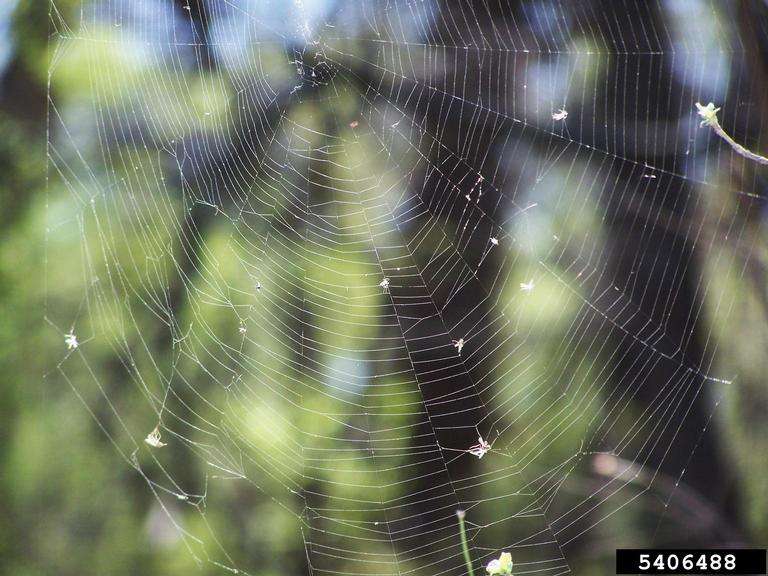
How can I get rid of spiders in Lansing area, Michigan?
- Contact us: Do you believe that there may be a spider infestation in your home or on your property? For a free estimate, call or text now at (517) 618-1908 to get your pest problem eradicated.
- Schedule: We’ll arrange for one of our qualified professionals to provide timely spider control service.
- Get service: After performing a complete evaluation of your home or property, your specialist will provide you with the most appropriate course of action.
- Obtain a report: You’ll get a thorough account of the assistance rendered, along with practical suggestions for staying pest-free.
- Follow-up: To make sure pests don’t return; we’ll conduct routine follow-ups. Simply give us a call if you notice any activity from pests, between what has been scheduled regularly. We’ll return without charge!
FAQs about spider control
A: Spiders primarily enter homes to find prey, kill them, and reproduce. You can eliminate spiders by dismantling their webs and getting rid of insects. Frequent vacuuming can help keep spiders at bay. Yet, Easy Exterminator has the best and most long-lasting methods for eliminating spiders. For a free estimate, call Easy Exterminator today.
A: There are primarily two spiders to be concerned about in the United States. These are the brown recluse spider and the black widow spider.
A: The majority of hobo spiders sting and are poisonous. There is some disagreement over whether the hobo spider is as poisonous as it is said to be because it resembles other species of spiders. When it was most likely a brown recluse bite, several people have claimed to have been attacked by a hobo spider.
A: A type of domestic spider known as the black widow spins tangled webs. Although the black widow was widespread across the country, it wasn’t as common in the states closest to Canada.
A: Depending on the species, the females have a distinct red hourglass form on their underbelly with a black hue. They are frequently discovered in isolated, dim areas like basements and attics.
A: In the majority of species, the male black widow’s venom is not at all strong and is not likely to injure humans. The venom of female black widow spiders is allegedly 15 times more deadly than that of rattlesnakes. Each spider bite should be treated medically right away.
A: The southern states are where you’ll primarily find the brown recluse spider. According to its name, it enjoys creating webs in small, dark areas.
A: Unlike the poison of black widow spiders, the venom of brown recluse spiders can damage tissue because it is necrotic. A brown recluse spider bite poses a serious risk to health and may cause permanent harm. Always seek medical assistance if you are bitten by a spider of any sort.
A: Although not all spiders create webs, all spiders have silk producing capabilities. When jumping spiders miss their target and fall, their silk acts as a lifeline to catch them. All spiders use their silk to safeguard their eggs by packing them inside of a suitcase. Some spiders use the silk they use to line their tunnel homes as a network of antennas, allowing them to detect any disturbances to the silk.
A: Many spiders, but not all of them, spin webs to capture prey. Some spiders build a tunnel with a lid or trap door entrance and wait for prey to pass by before ambushing them. Some conceal themselves in shadowy areas or disguise themselves to ambush a target as they approach. Spiders that seek and pursue their victim include the wolf spider.
A: Spider venom comes in two primary varieties: necrotic and neurotoxic. Nerves are affected by neurotoxic venom. A black widow bite can result in muscle spasms, cramping, tingling, or even complete loss of feeling in a limb or part of the body. Venom that is neurotoxic can harm many parts of the body. Living tissue is destroyed by necrotic venom, which includes the poison of brown recluse spiders. It develops a bruise-like purple or black discoloration. If the infected area is left untreated, the venom will eventually cause an ulcer to develop beneath the skin.

